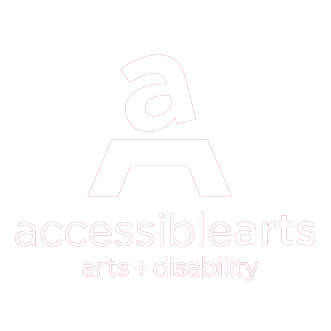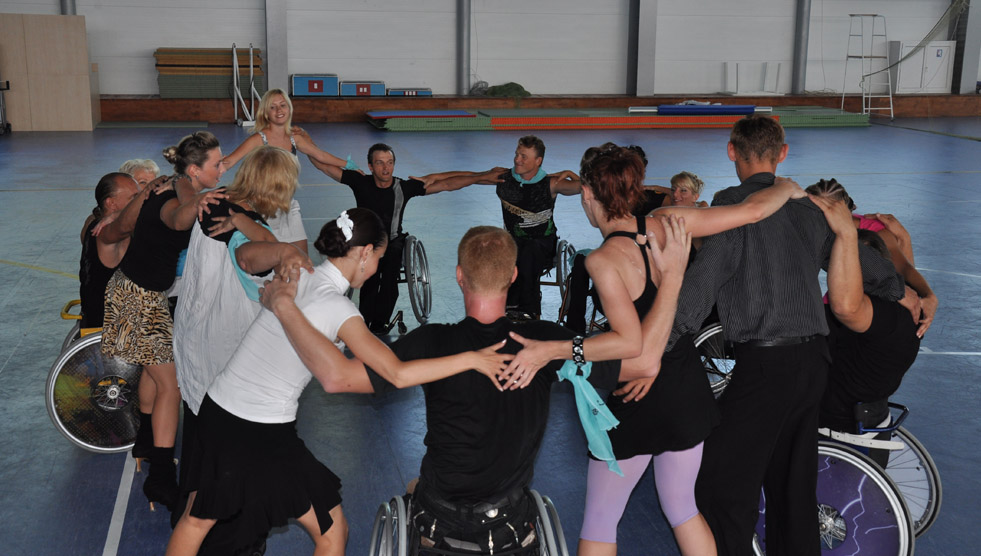Try para (wheelchair) dance for a range of benefits
Para (wheelchair) dance sport is an elegant and stylish Paralympic-recognised sport for people with physical disability that affects the lower limbs. It was developed in Sweden in 1968 for the purposes of recreation and rehabilitation. Today the sport is practiced in 30 countries around the world.
Whether it’s for recreation or geared towards professional competition, it’s a great way to get fit and have fun!
Where and when?
Currently, the sessions are held on Tuesdays from noon to 1:30 pm in Rhodes, NSW. If there are enough participants who require a different day, time and area, a new group could be set up.
What does a typical para (wheelchair) dance session look like?
A training session usually begins with stretching and warm-up exercises, followed by dance techniques including character, rhythm and body movement. Participants are trained in ballroom, Latin American and other styles. Dancers are able to dance solo, or duet with another wheelchair user, or as part of a combi couple: one wheelchair user and one standing partner. No experience is required, just a love of dance.
What are the benefits?
The benefits of participating in para dance, even on a recreational level, are positive for both body and mind. Dancers in a wheelchair may find that they maintain their balance, increase their flexibility and range of motion, as well as experience improved respiratory control. In addition, the psychological effects of dancing can be overwhelmingly positive.
Who runs the para (wheelchair) dance sessions?
Daria Alforova runs the para dance sessions. She worked as a para dance coach in Ukraine for 13 years, and has trained multiple World and European champions. She is passionate about the inclusive nature of para dance – it brings people with disability together with people without disability to perform as one.
Daria finds ways to adjust to each dancer’s ability and encourages development of their unique personal style. Since relocating to Australia, her goal is to develop this sport on both recreational and competitive levels.
Is there a cost?
Yes, currently it’s $35 for each 1.5-hour session.
How can I get more information?
If you are interested in participating in para dance, or would like to know more, you can contact Daria directly at daria.alf@outlook.com
Feature photo: supplied by Daria Alforova
This page was first published on 13 November 2018.

